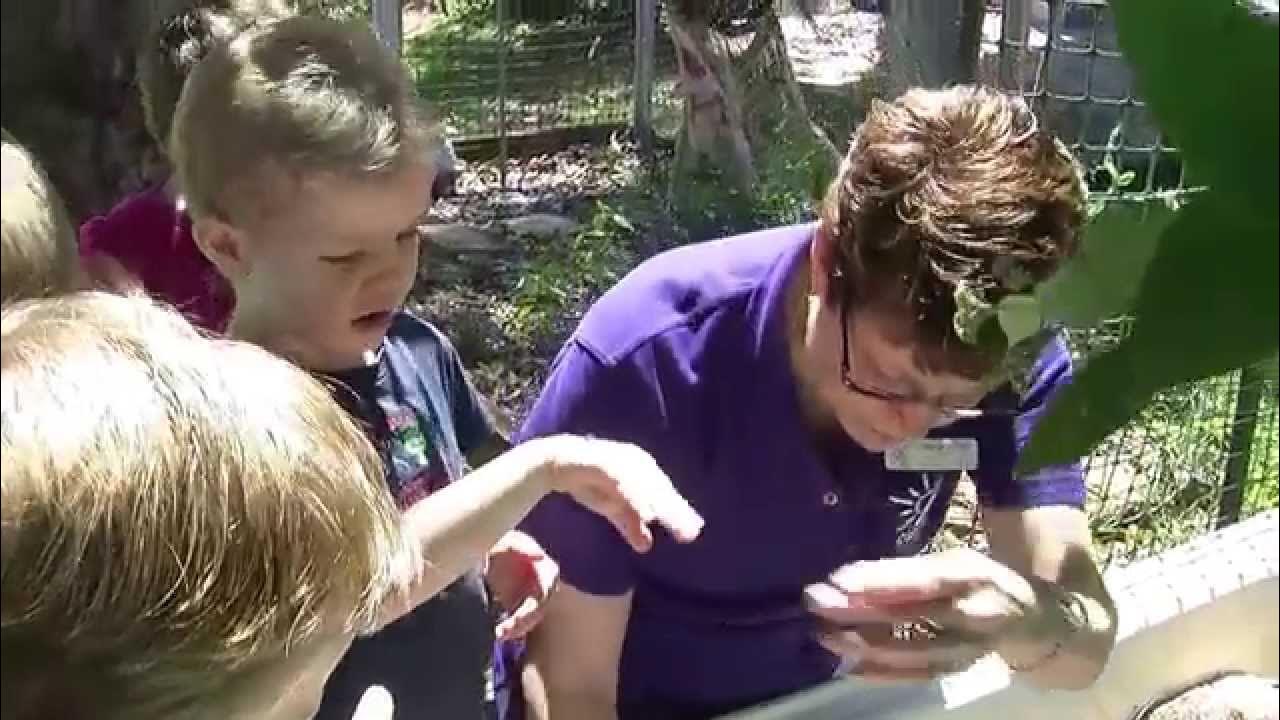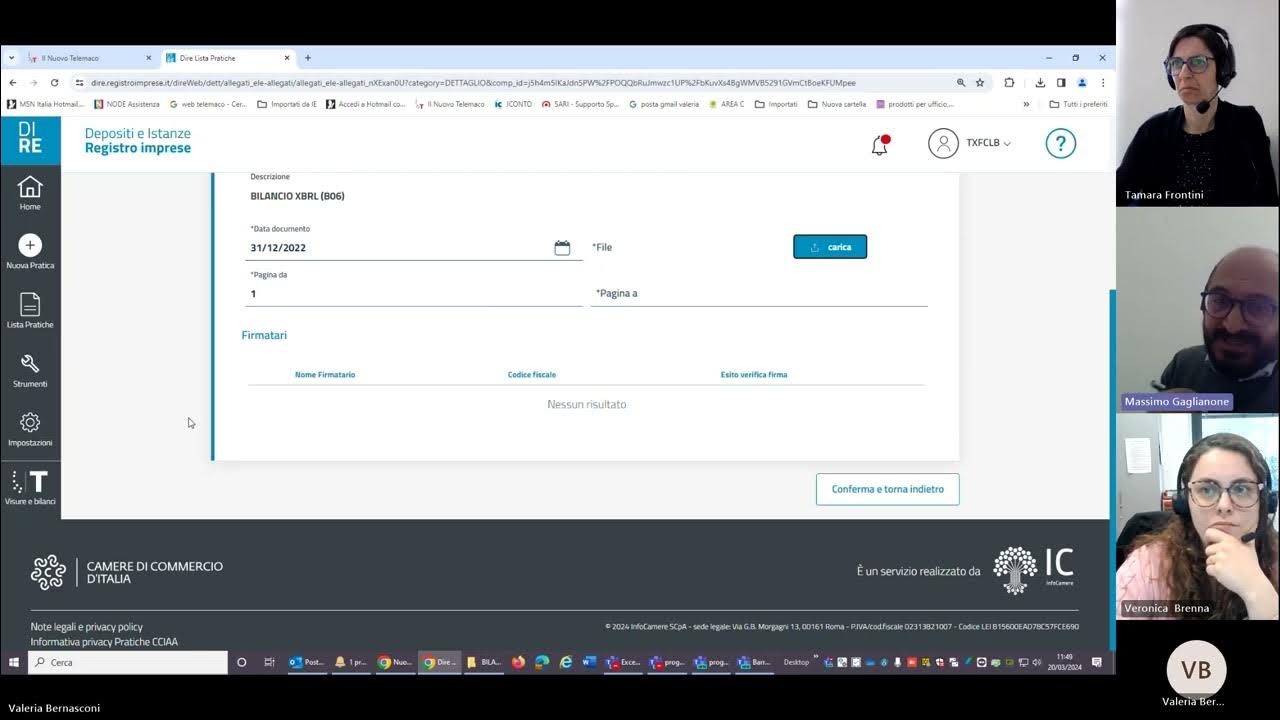WORMS! 20000 Red Wigglers in COW MANURE
Summary
TLDRThis video script documents the process of acquiring and handling a large quantity of worms for composting purposes. The narrator describes the unexpected amount of worms received, their initial storage in cow manure, and the challenges of separating the worms from the manure. The goal is to move the worms to a better environment and use the manure as feed, while also highlighting the worms' rapid reproduction and the resulting 'black gold' or organic compost. The script also touches on the excitement of potential customers interested in purchasing the compost.
Takeaways
- 🐛 The narrator unexpectedly received more worms than anticipated, with an estimate of at least thirty thousand worms.
- 📦 They were initially supposed to get two bags, but ended up with a large box that was half full of worms.
- 🌒 The video was cut off due to darkness, with a promise to continue the next morning and show the worms' setup.
- 🔄 The process of cleaning the worms involves manually separating them from the manure, which is a sticky task.
- 📝 The narrator plans to estimate the number of worms by weight, assuming about half a box to be about a pound.
- 🚫 The narrator advises against overcrowding the worms, suggesting a maximum of about a pound per two square feet.
- 💡 It's mentioned that worms reproduce quickly and should be given space to grow, starting with about 500 worms per square foot.
- 🌱 The worms are being moved from fresh cow manure to a more suitable environment to improve their health and productivity.
- 🖤 The presence of 'black gold' or worm castings indicates the worms' beneficial work in creating nutrient-rich compost.
- 🚫 The narrator finds many dead worms in the fresh manure, possibly due to ammonia, and plans to move them to avoid further losses.
- 💰 There is a budding interest from the community in purchasing the compost produced by the worms, indicating a potential business opportunity.
Q & A
What was the initial plan for acquiring worms?
-The initial plan was to get two bags of worms, but they ended up receiving a larger box that was about half full.
How many worms did they end up with?
-They estimated that they had at least thirty thousand worms.
What was the process of cleaning the worms from the manure?
-The process involved manually going through the manure, removing the worms, and separating them out into buckets.
What is the recommended amount of worms per square foot for heavy production?
-The recommended amount is about 2,000 worms per square foot for heavy production.
Why did they decide to move the worms from the cow manure?
-They decided to move the worms because they found many dead worms on top of the manure, possibly due to the ammonia from the fresh manure.
What is the purpose of the worms in the composting process?
-The worms help in processing the manure and other organic materials into nutrient-rich compost, also known as 'black gold'.
What is the estimated cost of the worms they received?
-They paid one hundred and seventy-five dollars for an estimated fifteen thousand worms, which works out to a little over ten dollars per pound.
How did they plan to use the composted cow manure?
-They planned to use the composted cow manure as feed for the worms later on, after it had been allowed to season more.
What is the significance of the worm cocoon mentioned in the script?
-The worm cocoon signifies the reproductive process of the worms, indicating that they reproduce quickly and are part of the composting cycle.
What was the final outcome of the worm and manure separation process?
-After three and a half days of work, they ended up with a significant number of worms and a lot of separated cattle manure.
How did the script writer plan to expand their worm business?
-They planned to build a bigger space for the worms, start selling compost, and were already receiving interest from potential customers.
Outlines

This section is available to paid users only. Please upgrade to access this part.
Upgrade NowMindmap

This section is available to paid users only. Please upgrade to access this part.
Upgrade NowKeywords

This section is available to paid users only. Please upgrade to access this part.
Upgrade NowHighlights

This section is available to paid users only. Please upgrade to access this part.
Upgrade NowTranscripts

This section is available to paid users only. Please upgrade to access this part.
Upgrade NowBrowse More Related Video
5.0 / 5 (0 votes)





